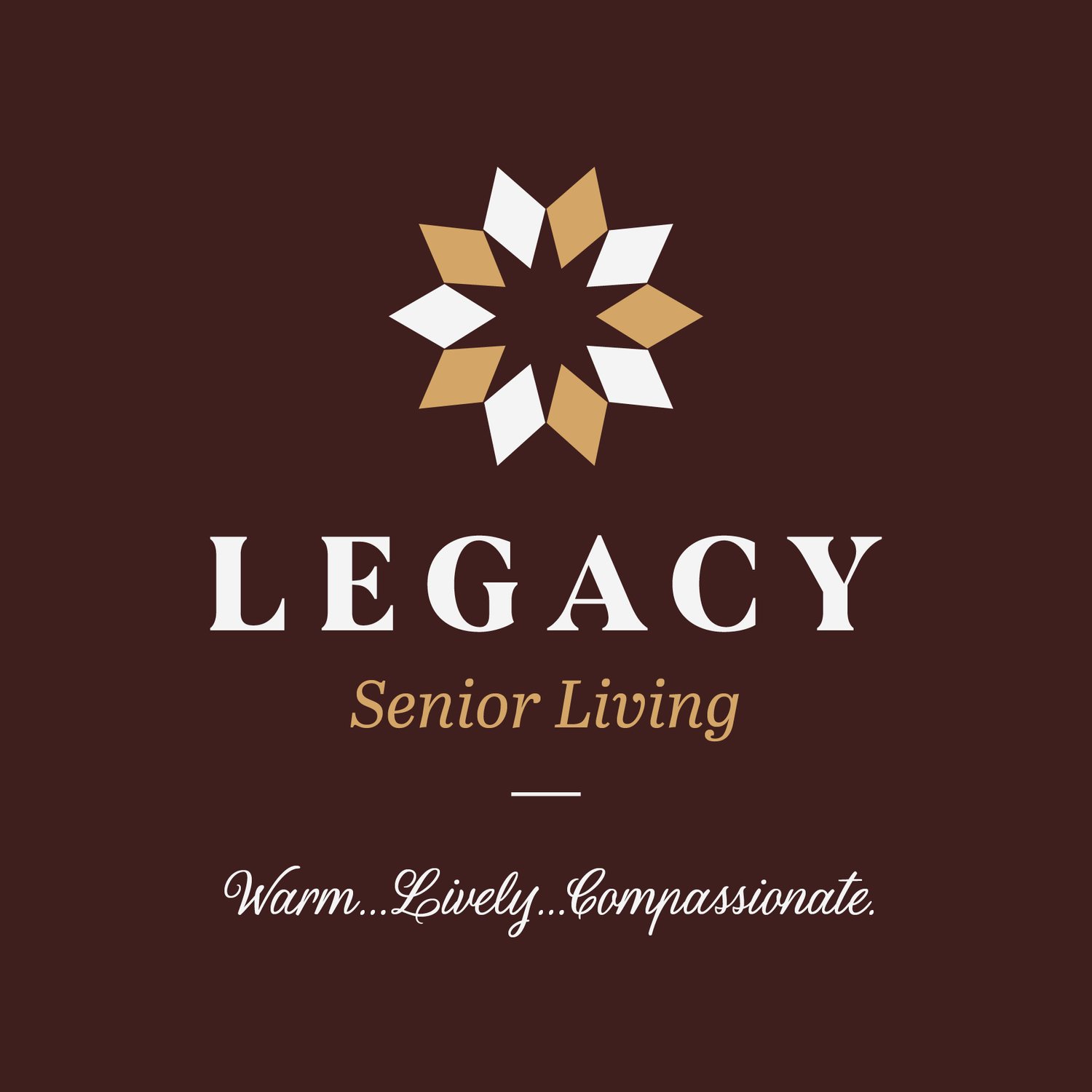Senior Care Planning Check List
At Legacy Senior Living our mission is to transform the aging process through the comfort of home by walking alongside our residents and providing compassionate, personalized care. This starts with a comprehensive plan. Below is a checklist you can use with your family to guide you through this process. You can always call us at (405) 438-3157 for additional resources to help you navigate this process.
Assessment and Planning:
Evaluate Care Needs:
Determine the level of care required (e.g., independent living, assisted living, nursing home, home care). Free guide available here: https://www.legacyseniorhomes.com/care-assessment
Assess medical needs, mobility, cognitive abilities, and daily living skills.
Financial Planning:
Review savings, insurance, pensions, and other income sources.
Engage local resources for support in identifying any assistance programs.
Legal and Documentation:
Ensure the senior has an updated will, power of attorney, and advanced healthcare directive.
Organize legal documents (birth certificate, insurance policies, Social Security card).
Medical Considerations:
Compile a list of medical conditions, medications, and allergies.
Choose a primary care physician and specialists.
Discuss end-of-life wishes and medical preferences.
Living Arrangements:
Housing Options:
Determine if staying at home is feasible or if assisted living/nursing home is required.
Explore home modifications for safety and accessibility.
Home Care Services:
Research in-home care agencies or caregivers.
Discuss the need for assistance with daily activities, such as bathing, dressing, cooking, and cleaning.
Healthcare:
Medical Providers:
Establish a relationship with healthcare professionals.
Schedule regular check-ups and screenings.
Medication Management:
Set up a medication schedule and system (e.g., pill organizer, medication reminders).
Consider a pharmacy that offers medication synchronization.
Emotional and Social Well-being:
Social Engagement:
Encourage participation in social activities, clubs, or senior centers.
Explore opportunities for hobbies and interests.
Mental Health:
Arrange mental and emotional support if needed (counseling, therapy, support groups).
Encourage brain-stimulating activities (puzzles, games, reading).
Safety and Security:
Fall Prevention:
Make home modifications to prevent falls (grab bars, non-slip rugs, adequate lighting).
Encourage use of mobility aids if necessary (walker, cane).
Emergency Preparedness:
Create an emergency contact list.
Install medical alert systems or wearable devices.
Nutrition and Lifestyle:
Healthy Diet:
Ensure a balanced diet that meets nutritional needs.
Address dietary restrictions or allergies.
Physical Activity:
Encourage regular exercise based on capabilities.
Consider physical therapy or adaptive exercise programs.
Transportation:
Transportation Options:
Arrange transportation for medical appointments, social outings, and errands.
Driving Assessment:
Evaluate driving abilities and consider driver safety programs.
